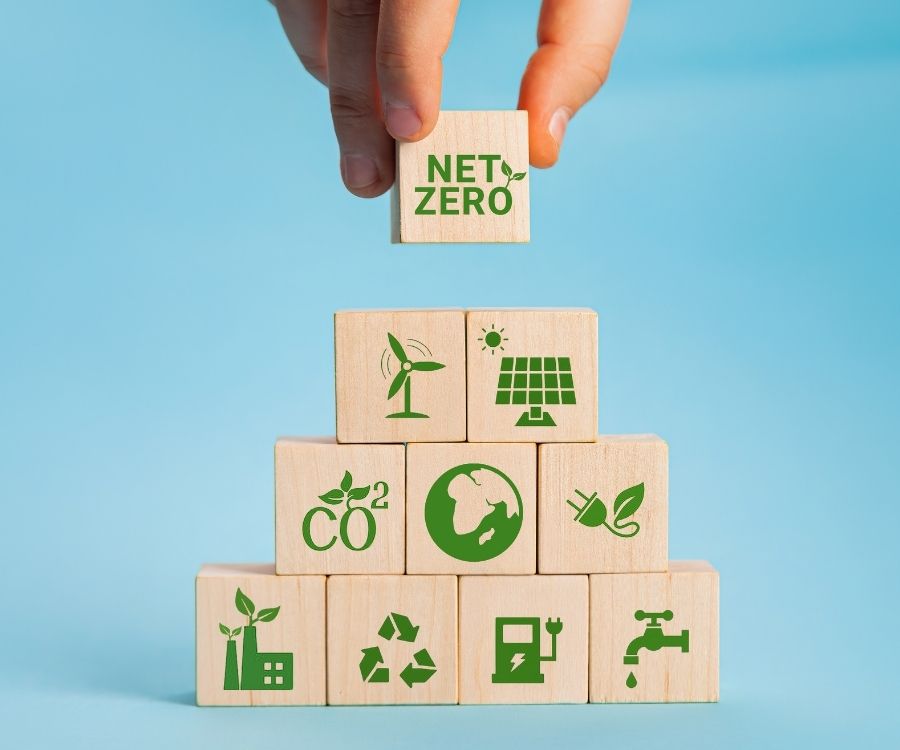The net zero agenda isn’t new; many big organizations now put sustainability at the heart of their business; with sustainability and profitability going hand in hand. However, the 2022 corporate climate responsibility monitor suggests “25 of the world’s largest companies in reality only commit to reduce their emissions by 40% on average, not 100% as suggested by their “net zero” and “carbon neutral” claims”.
In this blog, we look at five big businesses and their latest net zero claims, and try to understand what actions they’re taking and if they’re not taking them, is greenwashing afoot?
Unilever
Unilever has recently pledged to end their contribution to deforestation, promote regenerative agriculture, transition to biodegradable ingredients, and reach net-zero emissions for products by 2039.
The net-zero commitment will see Unilever build and prioritise partnerships with suppliers that have set or committed to their own science-based targets. Unilever will also work with farmers and smallholders on regenerative agriculture programmes that restore forests, improve biodiversity and enhance soil.
Interface
Over the last 25 years, carpet manufacturer Interface has recorded a 69% reduction in the carbon footprint of carpet tile products, a 96% reduction in greenhouse gas (GHG) emissions globally, sourced 89% renewable energy and 100% renewable electricity globally, reduced water use per unit of production by 89% globally and recorded a 92% reduction in waste to landfill across the global business.
In 2019 they reached a milestone; every item Interface sells is now carbon neutral, throughout its full lifecycle.
Microsoft
Microsoft has committed to reducing its emissions by more than 50% across its entire business and supply chain by 2030 while investing to remove more carbon than it emits annually, to result in achieving a carbon-negative impact as a business.
The targets are being backed with a $1bn funding pot, which will be allocated to supply chain partners wishing to invest in carbon reduction.
Rolls-Royce
Rolls-Royce has implemented a strategy to become a net-zero carbon business by 2030, meaning their facilities will produce no greenhouse gas emissions.
The company is working towards enabling the sectors they sell to in becoming net-zero by 2050 too, with plans to use 100% renewable energy and promote closed loop manufacturing to help to achieve their goals.
Danone UK
To become a B-Corp, a business has to be assessed on its environmental impacts; impacts on the community; worker treatment; governance frameworks and interactions with customers. It must also reassess every three years. The certification process involves the completion of a ‘B Impact Assessment’ activity, which gives companies points based on best practice in each of these areas.
Danone UK has committed to balancing ‘profit and purpose’, to achieve certification for all of its operations.
What is clear is that across all sectors is ambition. Each example has a clear objective which allows them to be directed toward solutions and policies which transform the way they use resources.
If you’re looking for advice setting your targets, or achieving the ones you’ve already set, Groundwork Sustainable Business can help.
Our experienced environmental consultants are able to help businesses regardless of where they are on their net zero journey. We support businesses to understand their impact, set goals and take action, and once established to influence others in their supply chain to start their own journey too.


